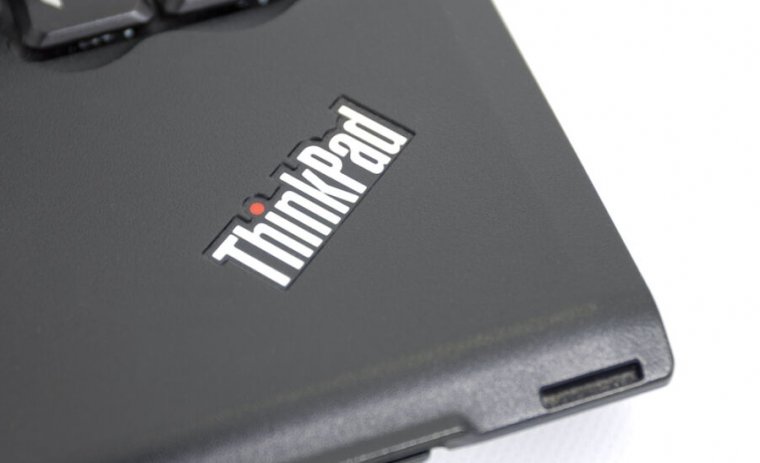Hackers can infect >100 Lenovo models with unremovable malware. Are you patched?

Getty Images
Lenovo has released security updates for more than 100 laptop models to fix critical vulnerabilities that make it possible for advanced hackers to surreptitiously install malicious firmware that can be next to impossible to remove or, in some cases, to detect.
Three vulnerabilities affecting more than 1 million laptops can give hackers the ability to modify a computer’s UEFI. Short for Unified Extensible Firmware Interface, the UEFI is the software that bridges a computer’s device firmware with its operating system. As the first piece of software to run when virtually any modern machine is turned on, it’s the initial link in the security chain. Because the UEFI resides in a flash chip on the motherboard, infections are difficult to detect and even harder to remove.
Oh, no
Two of the vulnerabilities—tracked as CVE-2021-3971 and CVE-2021-3972—reside in UEFI firmware drivers intended for use only during the manufacturing process of Lenovo consumer notebooks. Lenovo engineers inadvertently included the drivers in the production BIOS images without being properly deactivated. Hackers can exploit these buggy drivers to disable protections, including UEFI secure boot, BIOS control register bits, and protected range register, which are baked into the serial peripheral interface (SPI) and designed to prevent unauthorized changes to the firmware it runs.
After discovering and analyzing the vulnerabilities, researchers from security firm ESET found a third vulnerability, CVE-2021-3970. It allows hackers to run malicious firmware when a machine is put into system management mode, a high-privilege operating mode typically used by hardware manufacturers for low-level system management.
“Based on the description, those are all pretty ‘oh no’ sorts of attacks for sufficiently advanced attackers,” Trammel Hudson, a security researcher specializing in firmware hacks, told Ars. “Bypassing SPI flash permissions is pretty bad.”
He said the severity may be lessened by protections such as BootGuard, which is designed to prevent unauthorized people…


